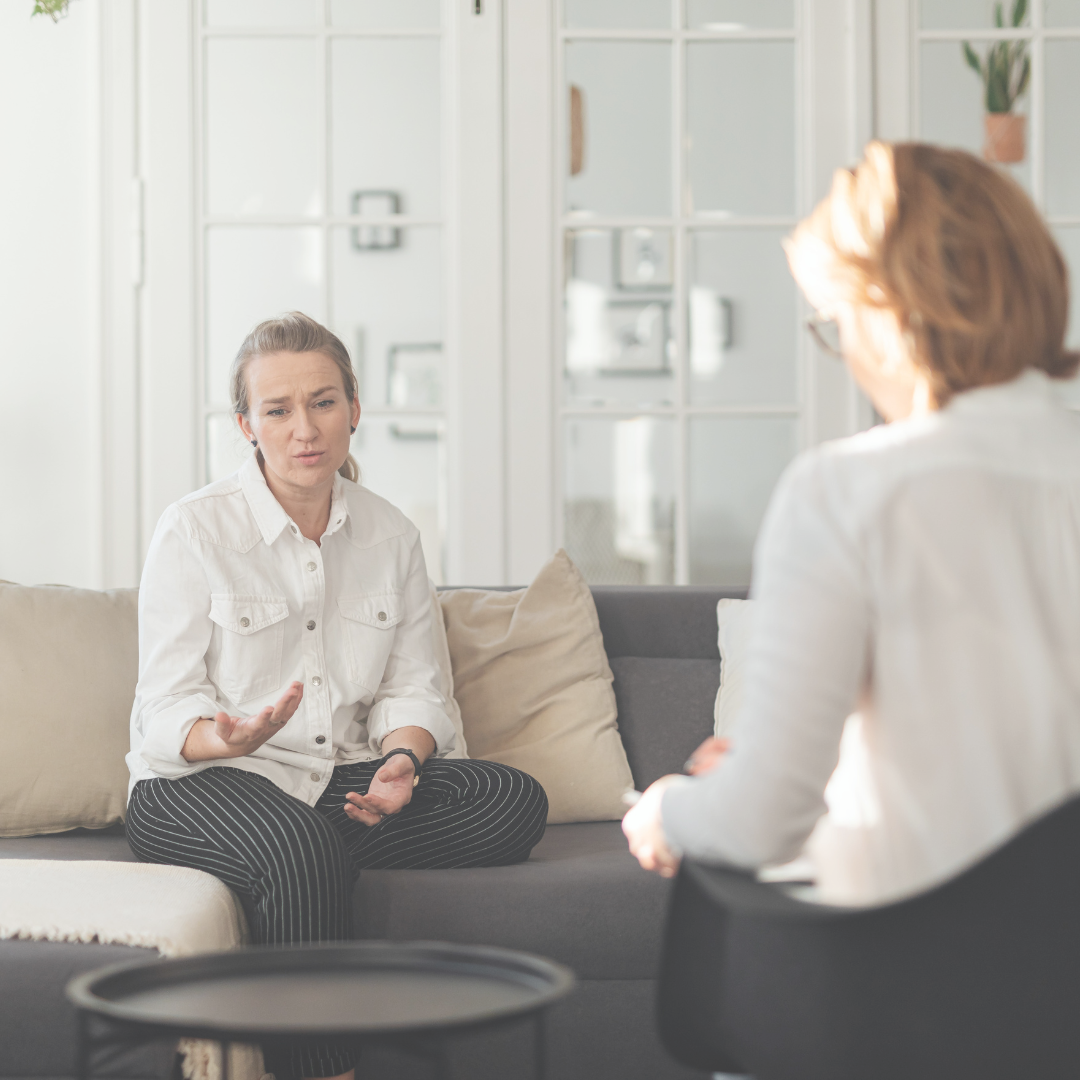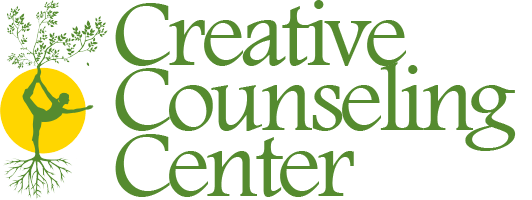Breaking the Cycle of Busyness: Learning to Rest Without Guilt
How often do you answer the question, “How are you?” with the word “busy”?
For many, busyness has become a badge of honor. We equate constant motion with success, worth, and productivity. But beneath the surface, this “always on” culture leaves us drained, anxious, and disconnected.
The truth is, rest is not a luxury, it’s a necessity. And learning to rest without guilt may be one of the most important mental health shifts you’ll ever make.
The Culture of Busyness
Society often glorifies the hustle. Productivity apps, endless to-do lists, and social media highlight reels reinforce the message that doing more equals being more. Somewhere along the way, we began to view rest as laziness.
But the human brain and body weren’t designed for nonstop performance. Just as our phones need recharging, so do we. Ignoring that truth leads to burnout, resentment, and even physical illness.
In fact, studies show that people who regularly overwork are at higher risk for heart disease, sleep disturbances, and depression. Constant busyness doesn’t just drain energy; it can quietly erode health.
Why We Feel Guilty Resting
Many people struggle to rest because of underlying beliefs such as:
- If I'm not doing something, I'm wasting time.
- Other people have it harder, so I don't deserve to slow down.
- Rest means I'm falling behind.
These beliefs often come from childhood messages, workplace cultures, or societal pressures. Over time, they can create a cycle of overcommitment and exhaustion.
The Mental Health Benefits of Rest
Rest isn’t just about sleep; it’s about creating intentional moments of pause for the mind and body. Benefits include:
- Improved focus and creativity. The brain consolidates ideas during downtime, which is why some of our best insights come in the shower or on a walk.
- Stronger emotional regulation. When we’re rested, we’re less reactive, more patient, and more resilient.
- Healthier relationships. Rest gives us the capacity to listen, engage, and connect more meaningfully with others.
- Prevention of burnout. Consistent rest is like maintenance for your mental health, it keeps stress from boiling over.
Practical Ways to Break the Cycle
If guilt has been keeping you from true rest, here are strategies to try:
1. Redefine productivity. Instead of measuring your worth by how much you accomplish, measure it by how aligned you feel with your values. Productivity without balance isn’t sustainable.
2. Schedule downtime. Block out rest the way you would a meeting or appointment. Even a 15-minute pause to stretch, breathe, or sip tea can reset your nervous system.
3. Practice saying no. Every “yes” is a commitment of your energy. Boundaries protect your mental health and give you space for what matters most.
4. Experiment with restorative practices. This could be journaling, walking in nature, practicing yoga, meditating, or simply daydreaming. Explore until you find what truly restores you.
5. Challenge the guilt. When guilt arises, gently remind yourself: Rest makes me more effective, not less. Rest allows me to show up fully for myself and others.
Examples of Rest in Daily Life
Rest doesn’t always mean hours of sleep or an extended vacation. It can be woven into your everyday routine in simple ways:
- Taking five deep breaths before sending the next email.
- Going for a ten-minute walk during lunch instead of scrolling your phone.
- Putting your phone away for the first 30 minutes of the morning to start your day calmly.
- Enjoying a hobby purely for joy, not for achievement or productivity.
These small pauses accumulate, teaching your mind and body that you are allowed to slow down.
When Rest Feels Impossible
For some, slowing down feels uncomfortable or even threatening. If stillness brings up anxiety, sadness, or restlessness, it may be a sign there are deeper emotions under the surface. This is where therapy can help.
Together, you and a therapist can explore the roots of your busyness, whether it stems from perfectionism, fear of failure, or old messages about worth. Unpacking these beliefs opens the door to new, healthier ways of living. I am here to help if you need a higher level of assistance and care.
Final Thought
Life is not meant to be an endless checklist. True well-being comes from honoring both work and rest, effort and ease. When you give yourself permission to pause, you’ll find not only more peace, but also more joy.
Rest isn’t laziness. Rest is repair. And you are worthy of it.










